Microsoft founder and billionaire Bill Gates has used his philanthropic foundation to tackle communicable diseases such as HIV, polio, and malaria for years. But now he wants shine a light on another disease: Alzheimer's.
Alzheimer's Disease, which currently has no cure, let alone a way to slow the progression, affects 47 million people worldwide. And as people continue to live longer, the financial burden is only expected to grow, with a projected cost for affected Americans at over $1 trillion a year by 2050.
Gates knows the burden all too well, telling CNN's Sanjay Gupta: "Several of the men in my family have this disease. And so, you know, I've seen how tough it is. That's not my sole motivation, but it certainly drew me in."
To combat the increasingly-prevalent disease, Gates is pledging $50 million to the Dementia Discovery Fund, a private-public research group dedication to studyinging the nuances of the brain, as well as an additional $50 million to start-up ventures focused on Alzheimer's research.
The hopeful end result for Gates is a cure.
"I'm a huge believer in that science and innovation are going to solve most of the tough problems over time," he said.
But the progress so far has been slow, with lots of hurdles and missteps along the way.
"It's gone slower than we all would have hoped. A lot of failed drug trials," Gates lamented.
And while most of the treatments have targeted the symptoms and not the disease itself, the recent advancement in imaging technology has allowed scientists to see certain biomarkers in living people, which is a game-changer.
Being able to identify these markers could help scientists detect and prevent brain deterioration before it happens.
"If we can catch the earliest signs of Alzheimer's, then we're treating a mostly healthy brain, and keeping it mostly healthy. ... It's very difficult to repair the damage once it's done," Dr. James Hendrix, an Alzheimer's researcher, told CNN.
Much like other illness, early detection and early intervention are key.
And with his money, Gates is hopeful that scientists can have more freedom to explore less-studied ideas about the disease.
"There's a sense that this decade will be the one that we make a lot of progress," he said. "Ideally, some of these mainstream drugs that report out in the next two or three years will start us down the path of reducing the problem. But I do think these newer approaches will eventually be part of that drug regimen that people take."
And as one of the world's most brilliant minds, a disease like Alzheimer's is Gates' worst nightmare. "I hope I can live a long time without those limitations," he said.
With millions of families affected by Alzheimer's, the hope for a cure with the added monetary push from Gates is very much alive:
A fine example for us all:
Please SHARE this with your friends and family.



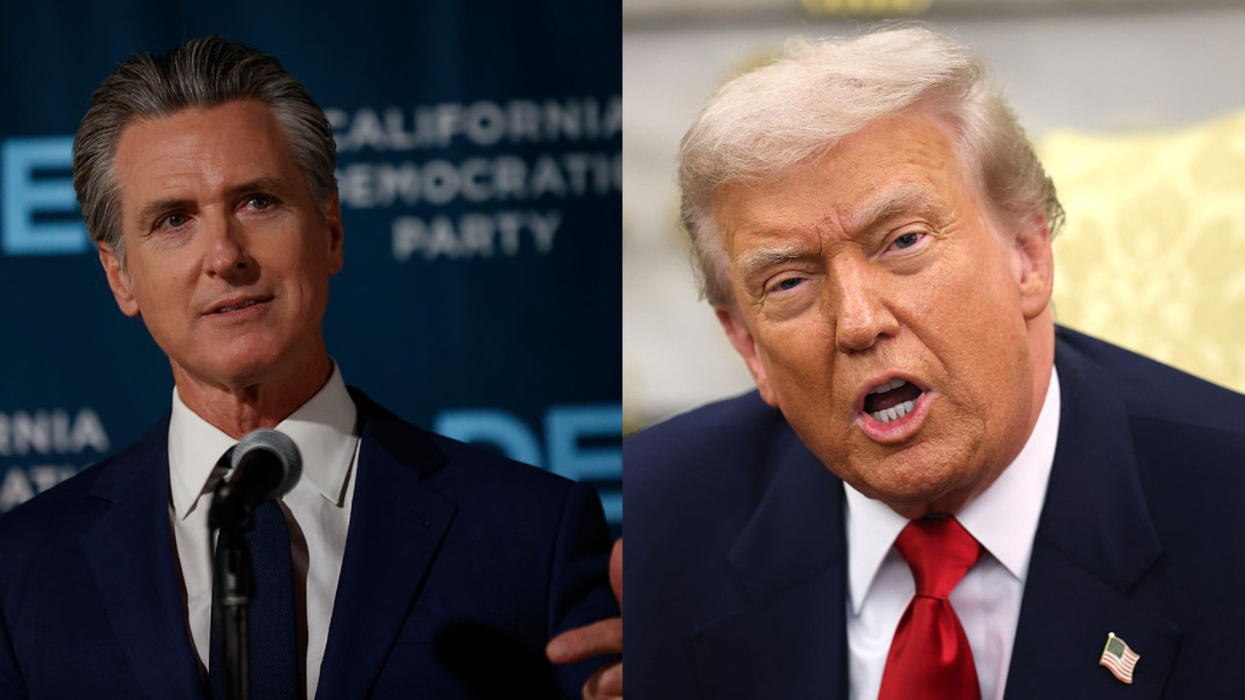

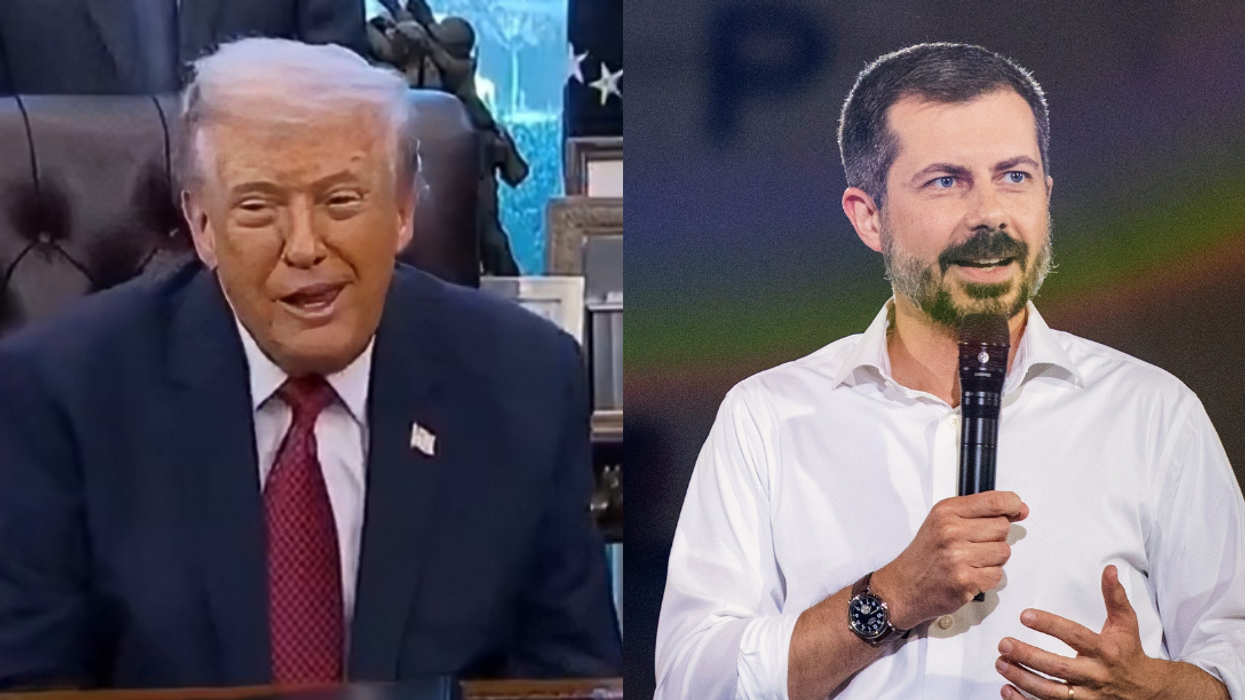
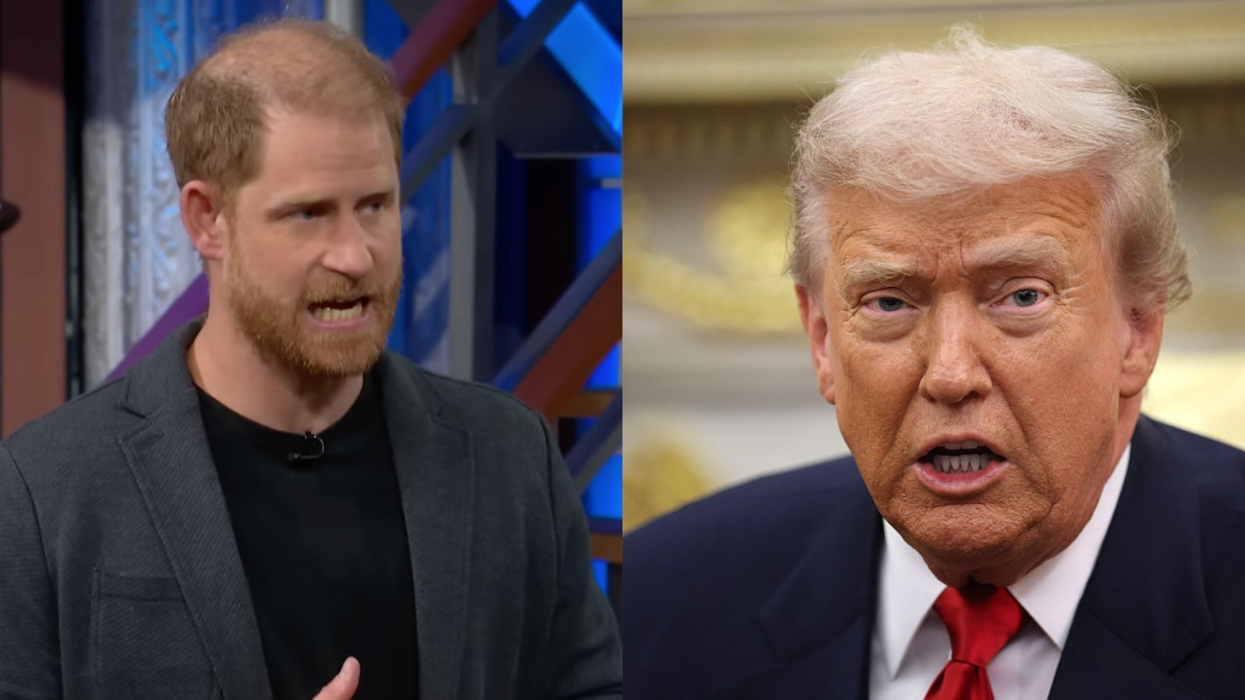

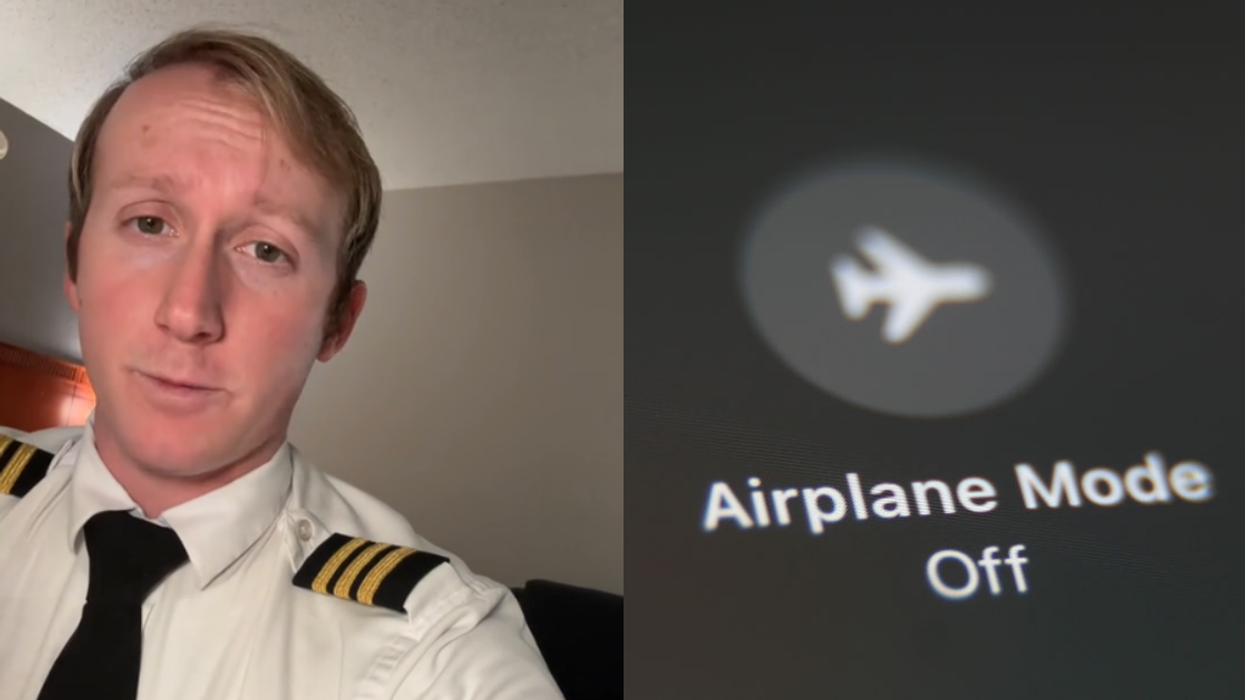
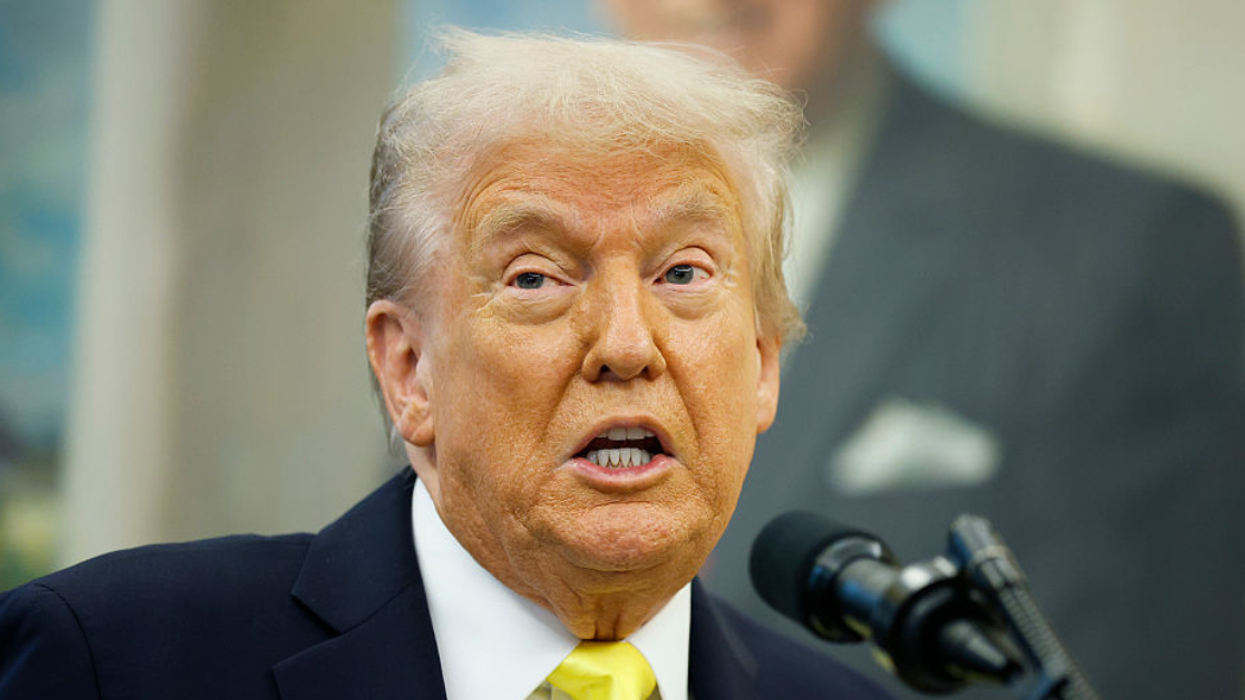
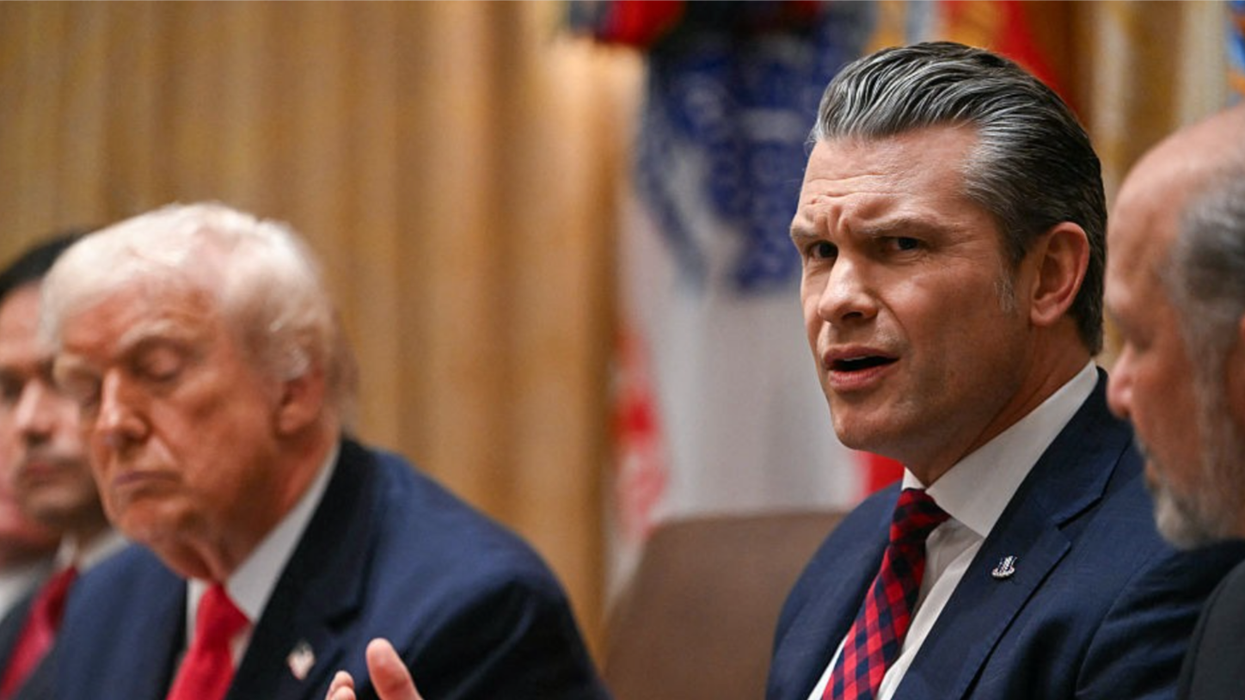
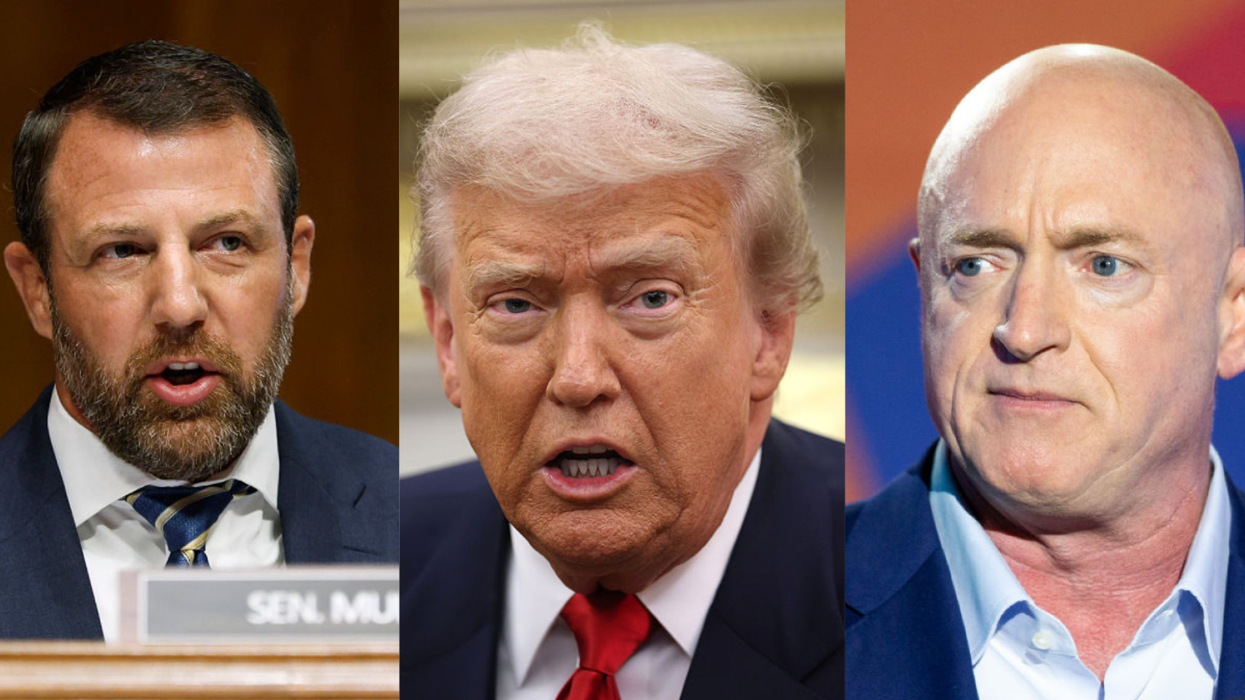
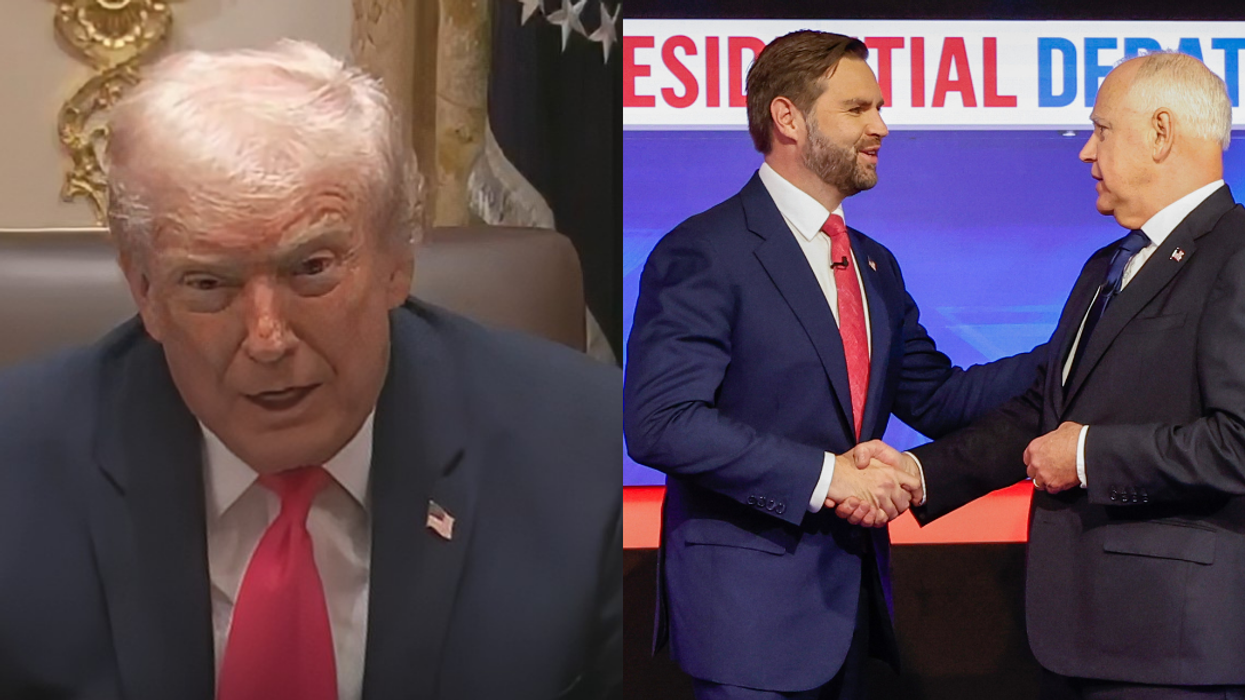

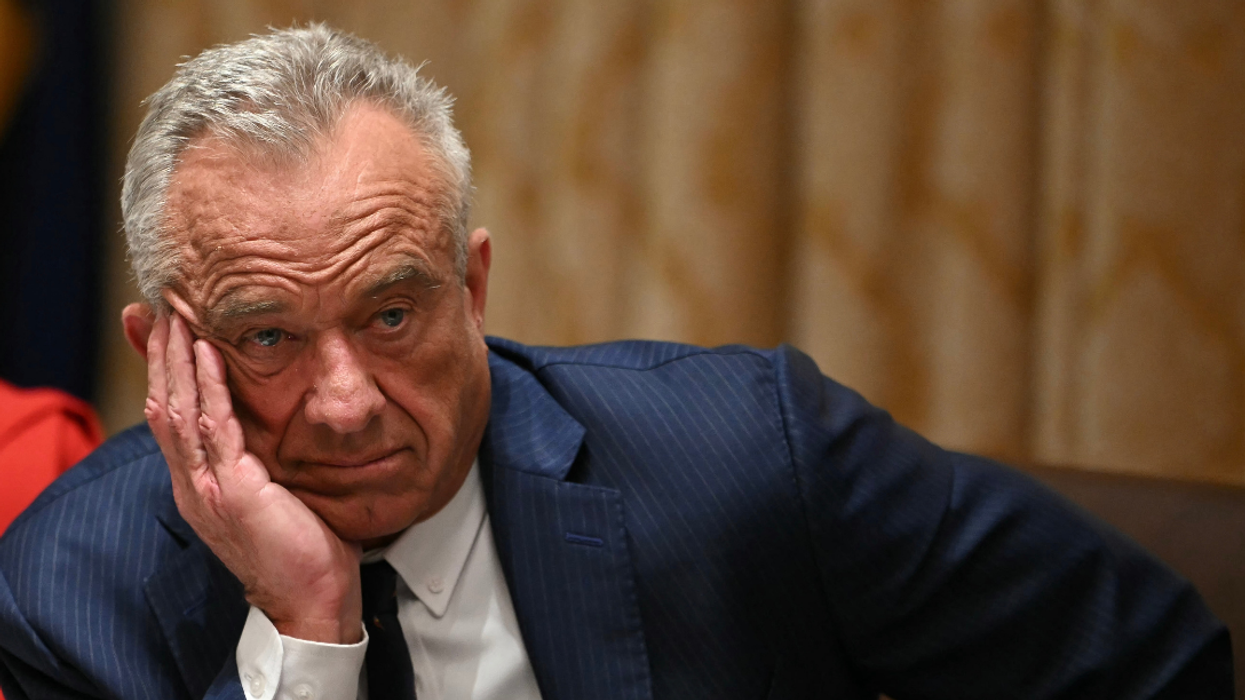

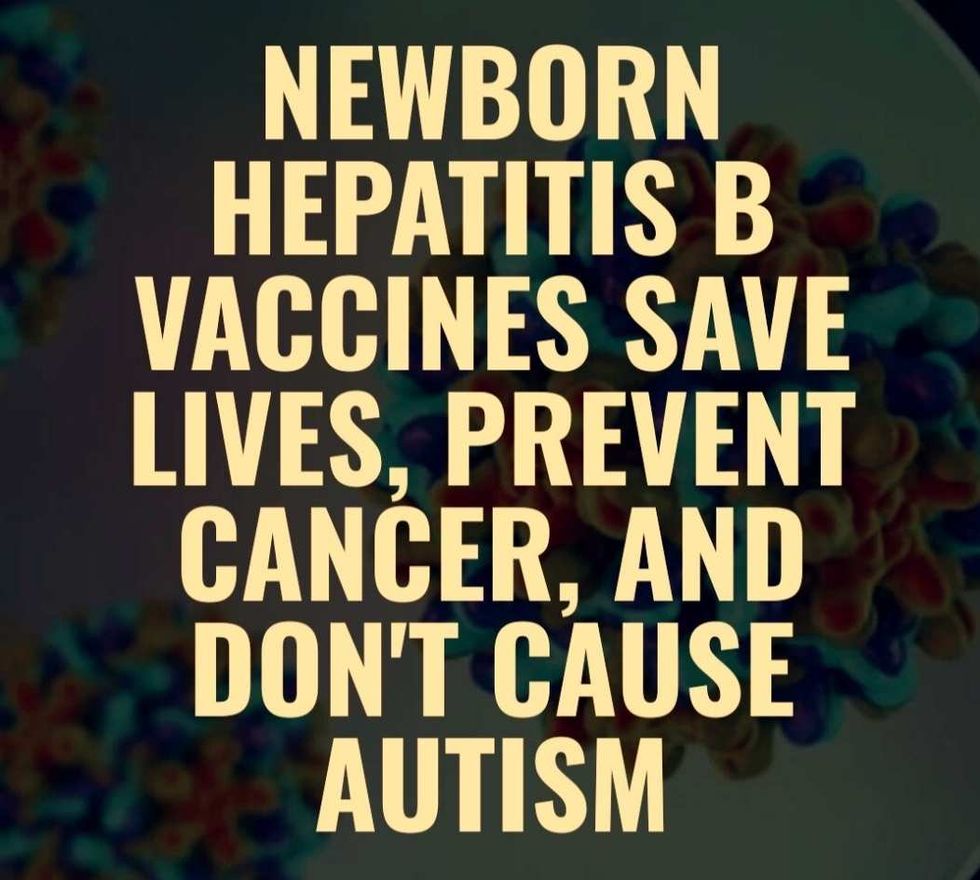 @drandrealove/Bluesky
@drandrealove/Bluesky @thebulwark/Bluesky
@thebulwark/Bluesky
 @monicasanluiss/TikTok
@monicasanluiss/TikTok @monicasanluiss/TikTok
@monicasanluiss/TikTok @monicasanluiss/TikTok
@monicasanluiss/TikTok @monicasanluiss/TikTok
@monicasanluiss/TikTok @monicasanluiss/TikTok
@monicasanluiss/TikTok @monicasanluiss/TikTok
@monicasanluiss/TikTok @monicasanluiss/TikTok
@monicasanluiss/TikTok @monicasanluiss/TikTok
@monicasanluiss/TikTok @monicasanluiss/TikTok
@monicasanluiss/TikTok @monicasanluiss/TikTok
@monicasanluiss/TikTok @monicasanluiss/TikTok
@monicasanluiss/TikTok @monicasanluiss/TikTok
@monicasanluiss/TikTok @monicasanluiss/TikTok
@monicasanluiss/TikTok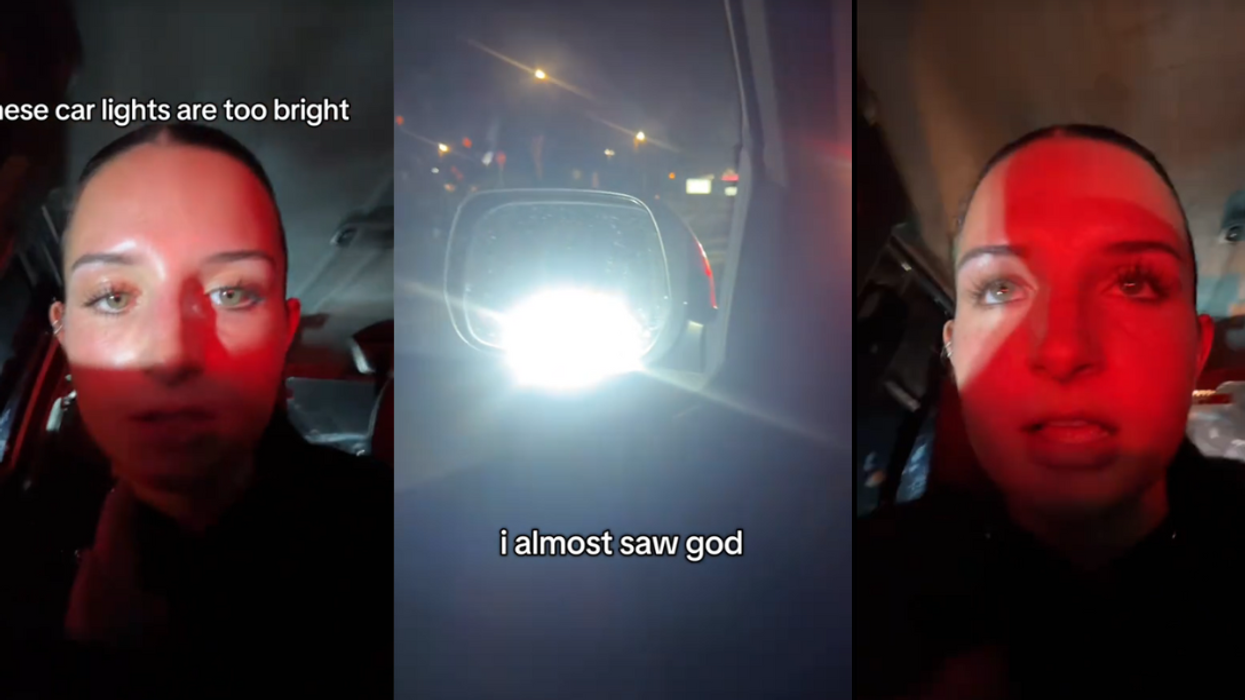
 @alexamcnee/TikTok
@alexamcnee/TikTok @alexamcnee/TikTok
@alexamcnee/TikTok @alexamcnee/TikTok
@alexamcnee/TikTok @alexamcnee/TikTok
@alexamcnee/TikTok @alexamcnee/TikTok
@alexamcnee/TikTok @alexamcnee/TikTok
@alexamcnee/TikTok @alexamcnee/TikTok
@alexamcnee/TikTok @alexamcnee/TikTok
@alexamcnee/TikTok @alexamcnee/TikTok
@alexamcnee/TikTok @alexamcnee/TikTok
@alexamcnee/TikTok @alexamcnee/TikTok
@alexamcnee/TikTok @alexamcnee/TikTok
@alexamcnee/TikTok